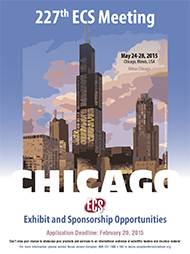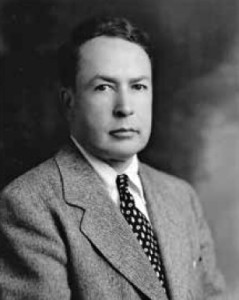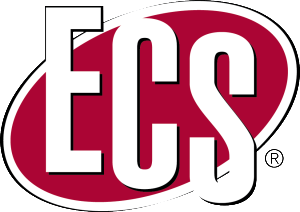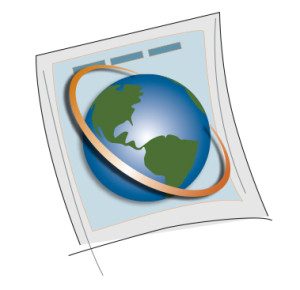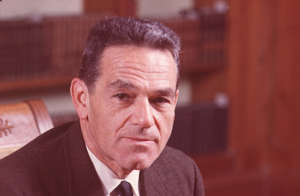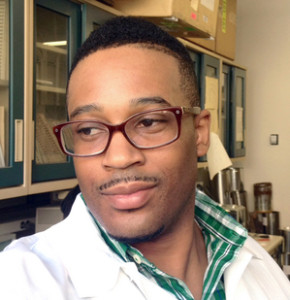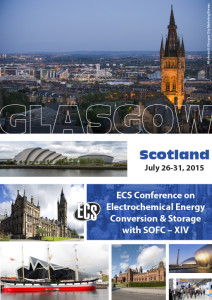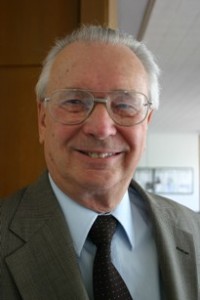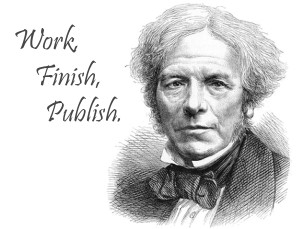
May it be then a reward to all the Interface authors to know that there is a crowd of people who read their work.
An article by Interface Co-Editor Petr Vanysek in the latest issue of the publication.
I am happy to report that people read Interface magazine. Just the other day I received a long letter commenting on the usefulness of the topical articles, this one specifically detailing the issue dealing with ionic liquids. The message of the letter was that the reviews in Interface are just as useful as the summary articles in peer-reviewed publications. Another reader, reacting to the side remark I made in my recent editorial about opening a dog kennel, wanted to unload his German shepherds on me. Yet another letter mentioned the Classics column and how nice it was to read recollections about scientists, written by other scientists and colleagues.
Interface does not have an officially gauged impact factor and we do not have a good measure of how well and thoroughly this magazine is read. Still, we like to hear that it is a useful medium for the members, the advertisers, and anybody else who may follow what shows up in our quarterly.


